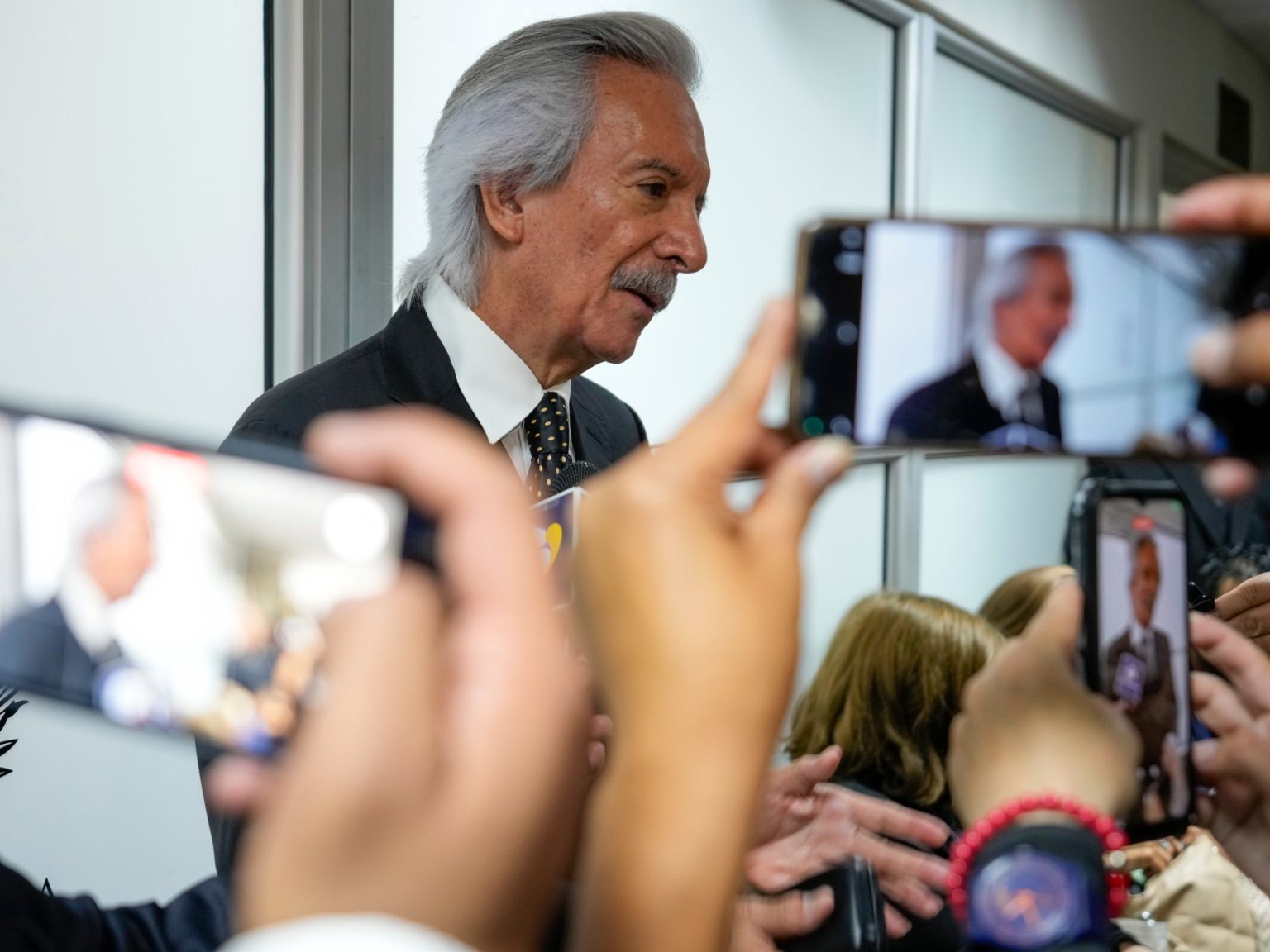Investigative journalist Jose Ruben Zamora, founder of the newspaper El Periodico, was released to house arrest in Guatemala after being imprisoned for more than 800 days on money laundering charges. A judge ruled that Zamora could no longer be kept locked up as his case made its way through the courts, imposing house arrest and requiring him to appear before authorities every eight days. Press freedom groups and Zamora himself have argued that his imprisonment was in retaliation for his investigative reporting on corruption within the government.
International human rights and advocacy groups called for due process to be respected in Zamora’s case and denounced the violations of his human rights. They raised concerns that the conditions of Zamora’s imprisonment could constitute torture and cruel and inhumane treatment, calling it a grave violation of human dignity and justice. Zamora’s case has been riddled with irregularities, including his arrest on money laundering charges in July 2022 and later charges of obstruction of justice and using falsified documents.
Critics argue that Zamora’s case is part of a pattern in Guatemala of using the court system to silence critics, with lawyers and judges involved in prosecuting corruption facing investigations and some even fleeing the country. The closure of the International Commission against Impunity in Guatemala (CICIG) in 2022 after a government backlash has left journalists vulnerable to what they consider trumped-up charges. El Periodico reporters faced charges of conspiracy to obstruct justice, leading to the newspaper’s closure in May 2023 due to intensified persecution and harassment of advertisers.
Zamora has maintained his innocence, attributing the charges against him to his investigative work on corruption. Prosecutors initially sought a 40-year sentence in his money laundering case, but he was instead sentenced to six years in prison in June 2023. An appeals court overturned the sentence in October 2023, leading to Zamora awaiting a retrial behind bars. Critics have highlighted irregularities in his case, including the changing roster of defense lawyers and questions surrounding the quality of evidence, such as testimony from a disgraced former banker.
International human rights organisations have noted Zamora’s situation as part of a broader trend of criminalising political opponents and critics in Guatemala, particularly targeting human rights defenders, journalists, and judicial officers. The Committee to Protect Journalists issued a statement applauding Zamora’s transition to house arrest as a step forward for him, his family, and those who have fought for his freedom. Despite his release to house arrest, Zamora expressed skepticism about his long-term freedom, stating his belief that authorities may find a way to imprison him again.


